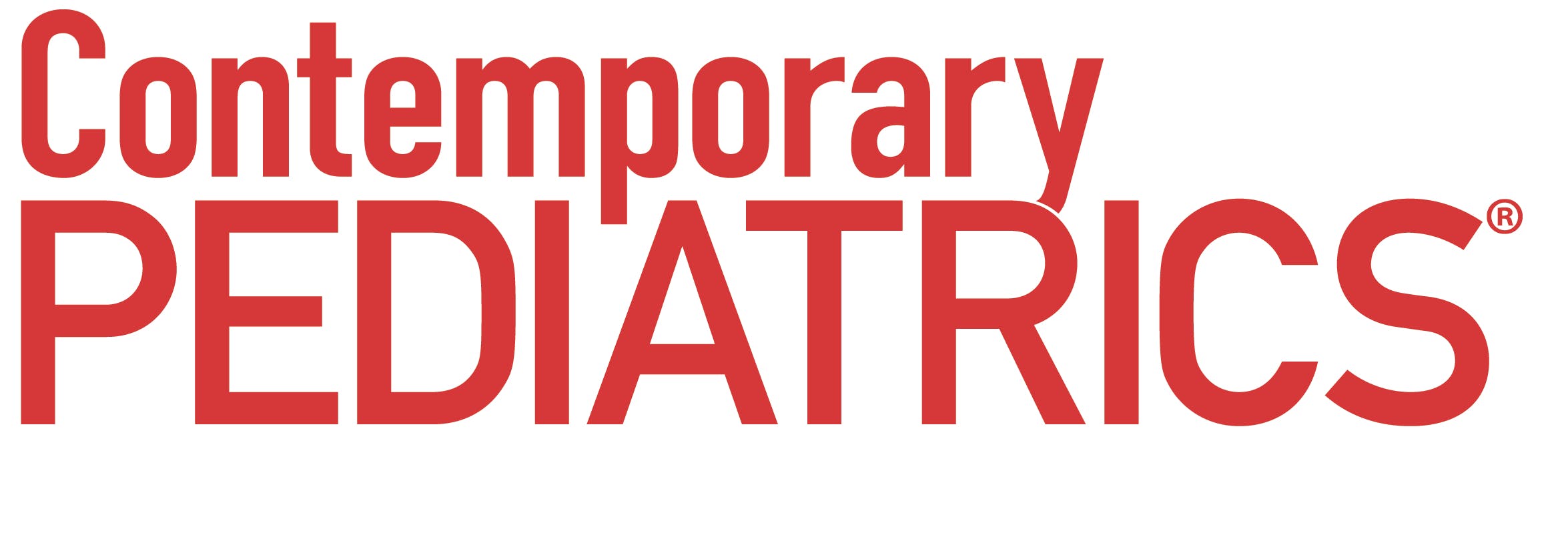7 ways to involve parents in care
Often we treat a child without considering the parental role, as when we prescribe an antibiotic to be multiple times a day. Other times we do need to consider the parents. Here are the thoughts from Jon Matthew Farber, MD, on how parents view, interact with, and advocate for their children in these situations.
1. There is a difference between doing what is optimal and what is practical. For example, consider the 4-year-old child with a strep throat who categorically refuses oral medicine, even when disguised. He can be given 1 injection of penicillin G benzathine rather than having the parents struggle to get 10-days’ worth of amoxicillin in him. For any fever, that can be left to run its course rather than wrestling the child to insert acetaminophen suppositories.
2. I am very fond of parents recording their children when ill. This is extremely helpful for diagnosing croup, possible seizures, tics, transient rashes, and more.
3. Being able to access video on a tablet or similar piece of equipment is not nearly as advanced as parents think. As such, I have to take the parents’ pride into account when discouraging electronic use in young children.
4. Educational videos/TV are still more entertainment than education. Hands-on play, books, and imitating/interacting with others are still the best ways to go to teach children.
5. Reading to a child from an actual book is better than reading from an e-book (although the latter is still so much better than not reading at all). There is something different about the parent-child interaction over a real book, which is beneficial.1
6. I tell parents that when they drag themselves to the doctor for a sick visit, they usually know they have something more serious and are likely to get an antibiotic. They have a much lower threshold for bringing in their child, who is more likely to have a virus and not need the prescription.
7. If a parent has a treatment he or she wants for his/her child (eg, myringotomy tubes, vision therapy), I usually know a provider with a low threshold who will be happy to comply, but I will normally only refer to that particular provider if I agree with the treatment proposed.
References:
1. Chiong C, Ree J, Takeuchi L, Erickson I. Print books vs. e-books, Comparing parent-child co-reading on print, basic, and enhanced e-book platforms. A Cooney Center QuickReport. Available at: http://www.joanganzcooneycenter.org/wp-content/uploads/2012/07/jgcc_ebooks_quickreport.pdf. Published Spring 2012. Accessed February 13, 2019.


































